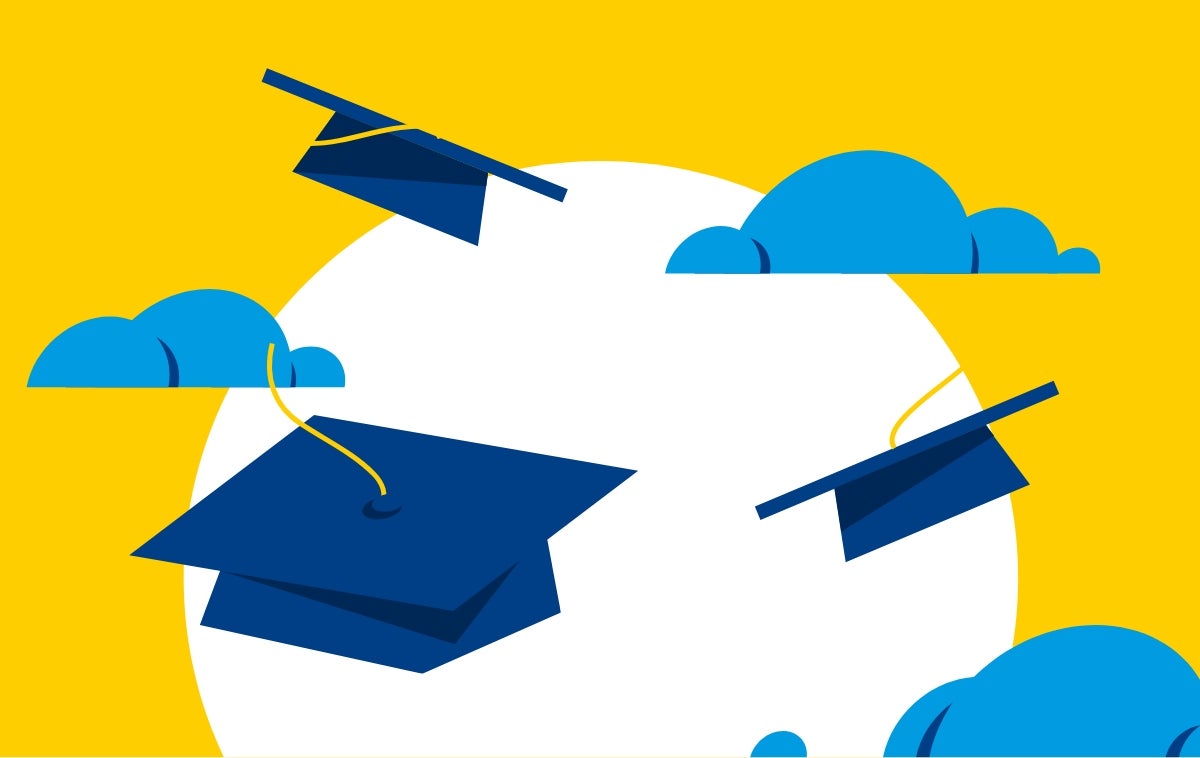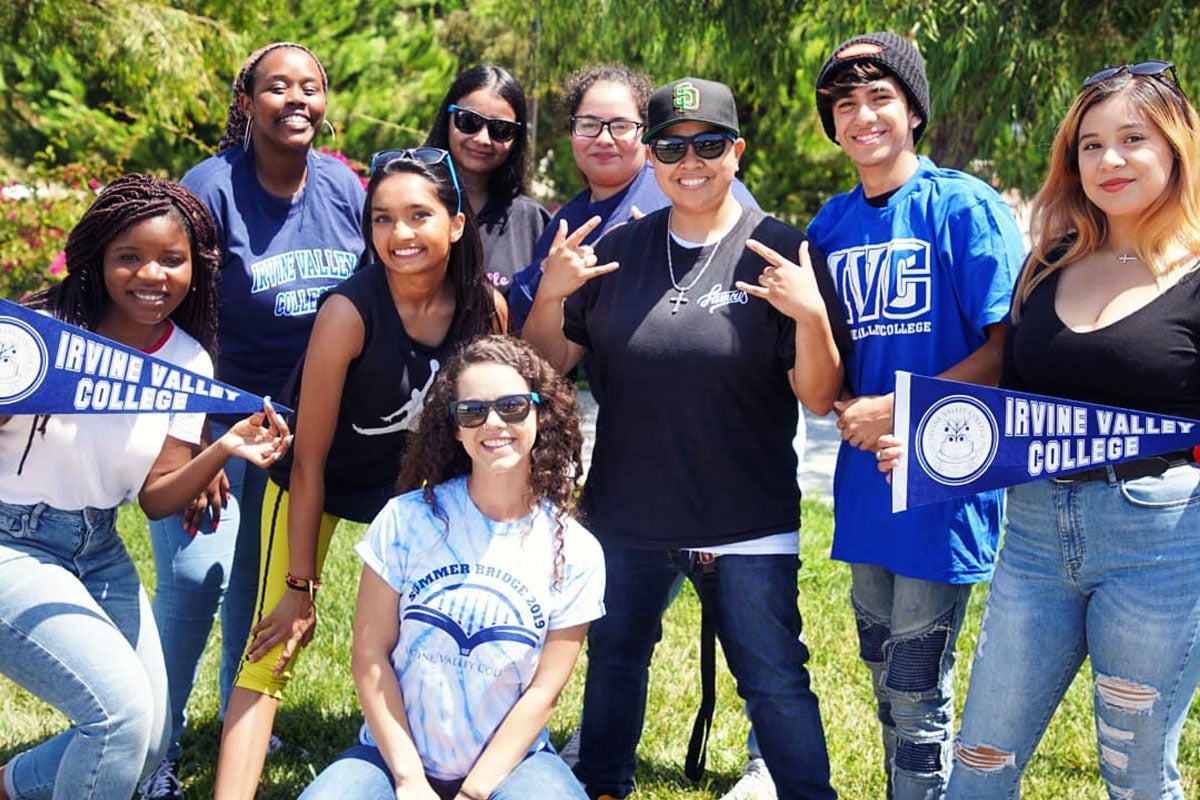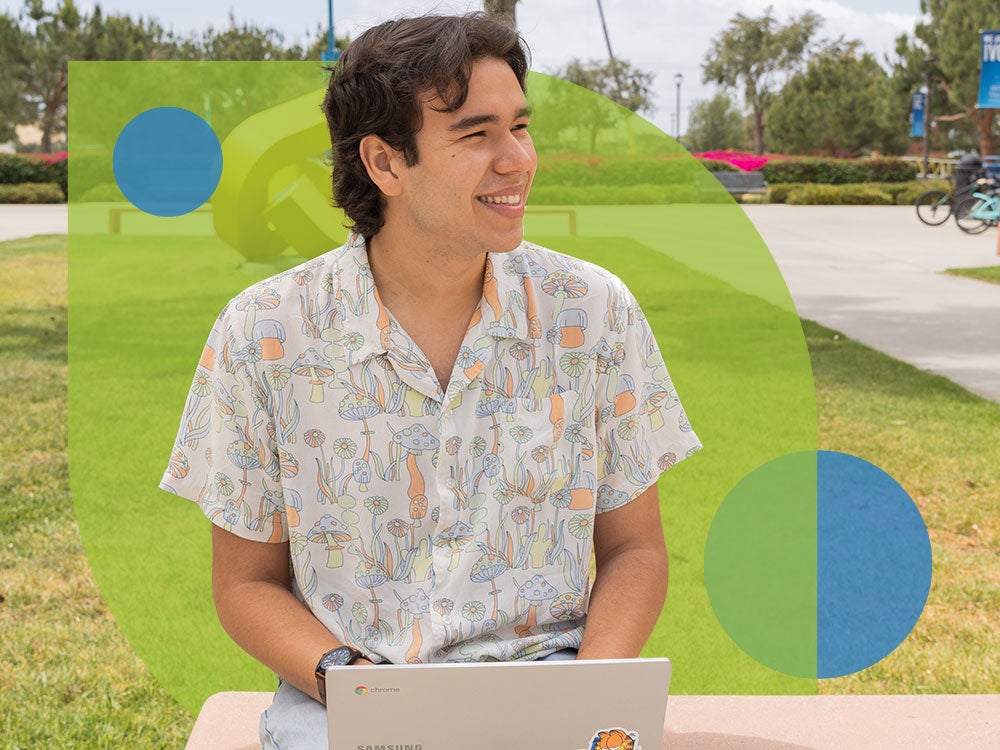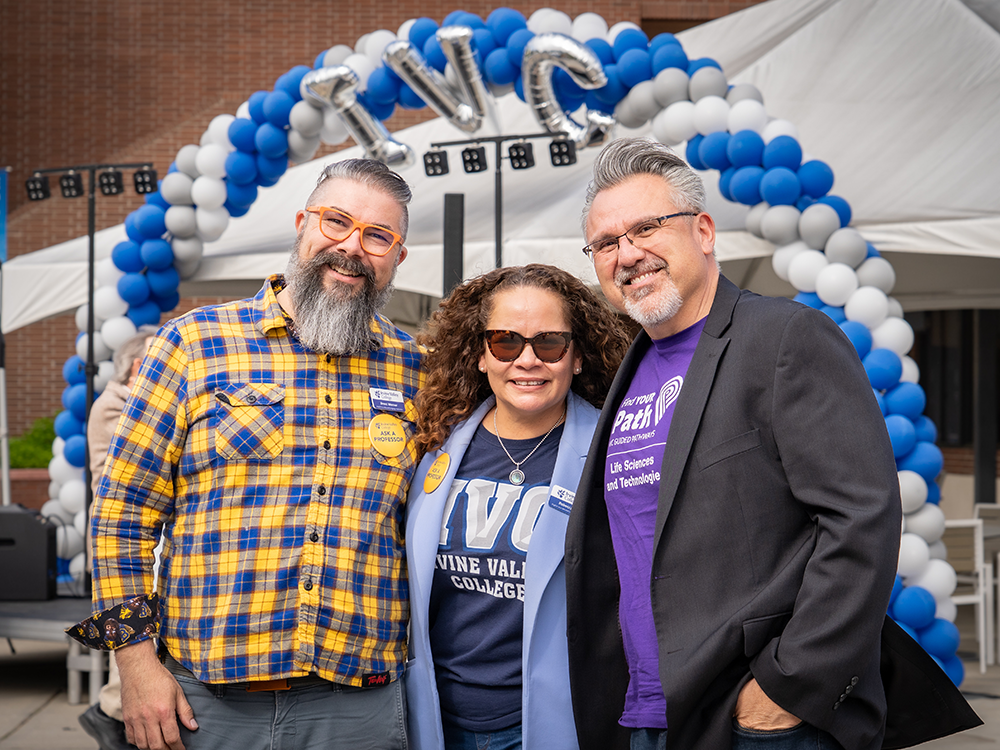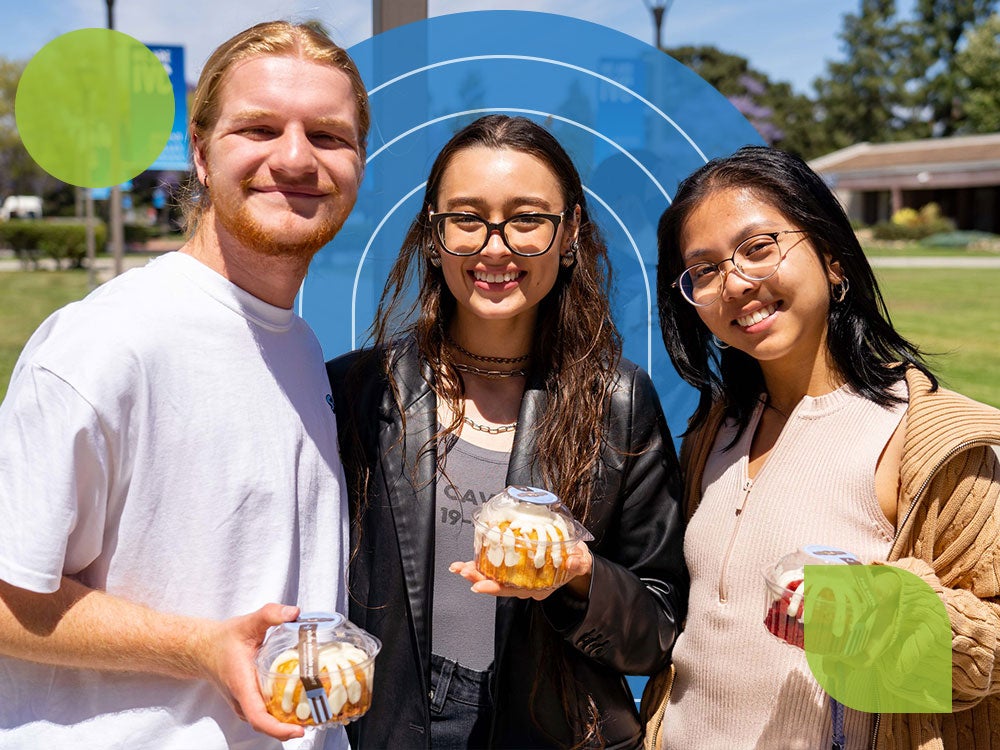DNCE 55
This beginning-level course provides a theoretical and practical foundation in dance composition. It emphasizes the development of basic skills in problem solving and in the craft and creation of dances. Students will explore and develop movement studies and full-length dances for both individuals and groups. The focus is on creating compositions with thematic and artistic clarity, incorporating shapes, times, space, energy, phrasing, abstraction, stylization, and various choreographic devices and structures.
